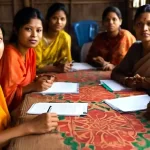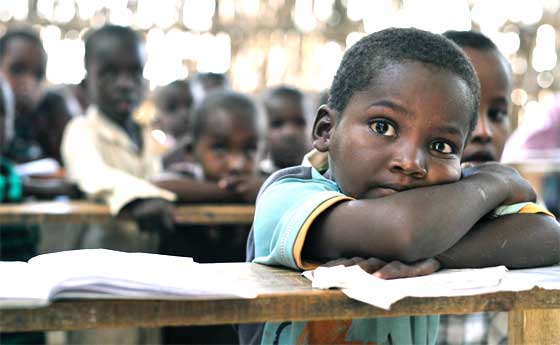Ending terrorism in Nigeria: is Operation Safe Corridor the right approach?
In Nigeria, data shows that a large number of individuals, particularly in Northern Nigeria choose to join Boko Haram due to poverty, lack of education, unemployment, the willingness to learn more about Islam, and the knowledge that Nigeria tolerates impunity.
Nepal: time to take entrepreneurial spirit to the local level
If the government takes serious actions to promote local and community entrepreneurship, this will not only diversify and uplift Nepal’s overall economy, but also provide enormous employment opportunities to Nepal’s jobless youths who have very few options for employment at the moment–apart from lying up in manpower agencies and heading for ill-paid foreign employment in the Gulf countries.
COVID-19 in Ghana: the story and the lessons so far
Notwithstanding all measures put in place, and considering the alarming rate of infection of the coronavirus, the inevitable eventually happened. On 12 March 2020, Ghana Health Service under the Ministry of Health confirmed the first two COVID-19 cases in the country. The cases have since been rising daily with the COVID-19 story yet to end. To this point, Ghana has recorded 46,222 cases of COVID-19 cases with 45,417 recoveries and 299 deaths.
COVID-19 in Nepal: challenges amid rising cases and strict restrictions
It is also important that Nepal's central as well as provincial governments extend support, both financial and moral, to pandemic-affected Nepali citizens, especially to the foreign returnees, to capitalize on their skills and expertise which they have gained from overseas employment.
Is dependency theory still relevant today? A perspective from the global south
In the past, dependency thoughts broke some political boundaries and explained the reasons why wealthy nations were taking advantage of poor countries, and today they are useful in explaining recurring financial crises, the reckless use of natural resources and widening inequalities both in the global South and the North.
What the end of DFID means for international development?
DFID’s termination and merger of the development agenda within the foreign office will imply that the agenda is relegated to a secondary position within a broader foreign policy framework. This will mean that the stock of institutional knowledge and experience, accumulated and perfected over the years by DFID will come to a disastrous end.
The protests in Sri Lanka: An alternative perspective
What protesters consider as the Rajapaksa government’s failures have been symptoms, rather than causes, of the structural weaknesses threatening to tear apart the economy.
Women’s Freedom: A Reality or Just a Myth?
By Sumera B. Reshi
Life is not really rosy as it appears. For instance, I am in the UAE at the moment and you can see many women walking down the streets of the United Arab Emirates, very proud and independent from the outside. Nonetheless, the story inside seems to be a contrasting one.African entrepreneurs are driving prosperity despite a global crisis
Entrepreneurial innovation is creating unprecedented opportunities for Africa to grow its economy, create jobs, and transform people’s lives.
Why Microenterprise Still Works for Poverty Reduction?
A series of impact studies showed that microfinance had mixed results. Charging affordable interest rates and offering training as well as loans simply wasn’t profitable – and profitable microfinance did not have the full effect of economic gains that was intended. A course correction was needed.

















